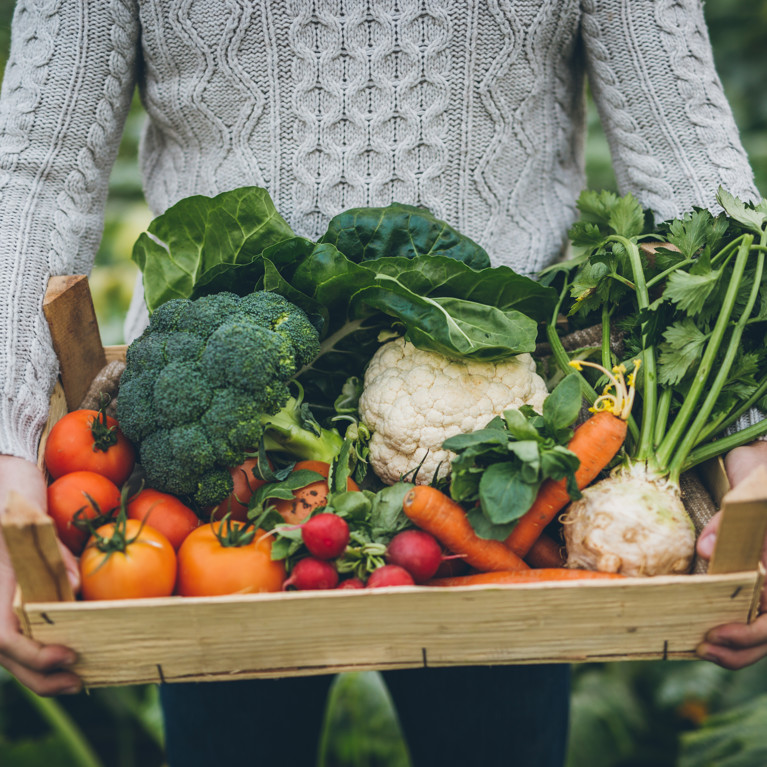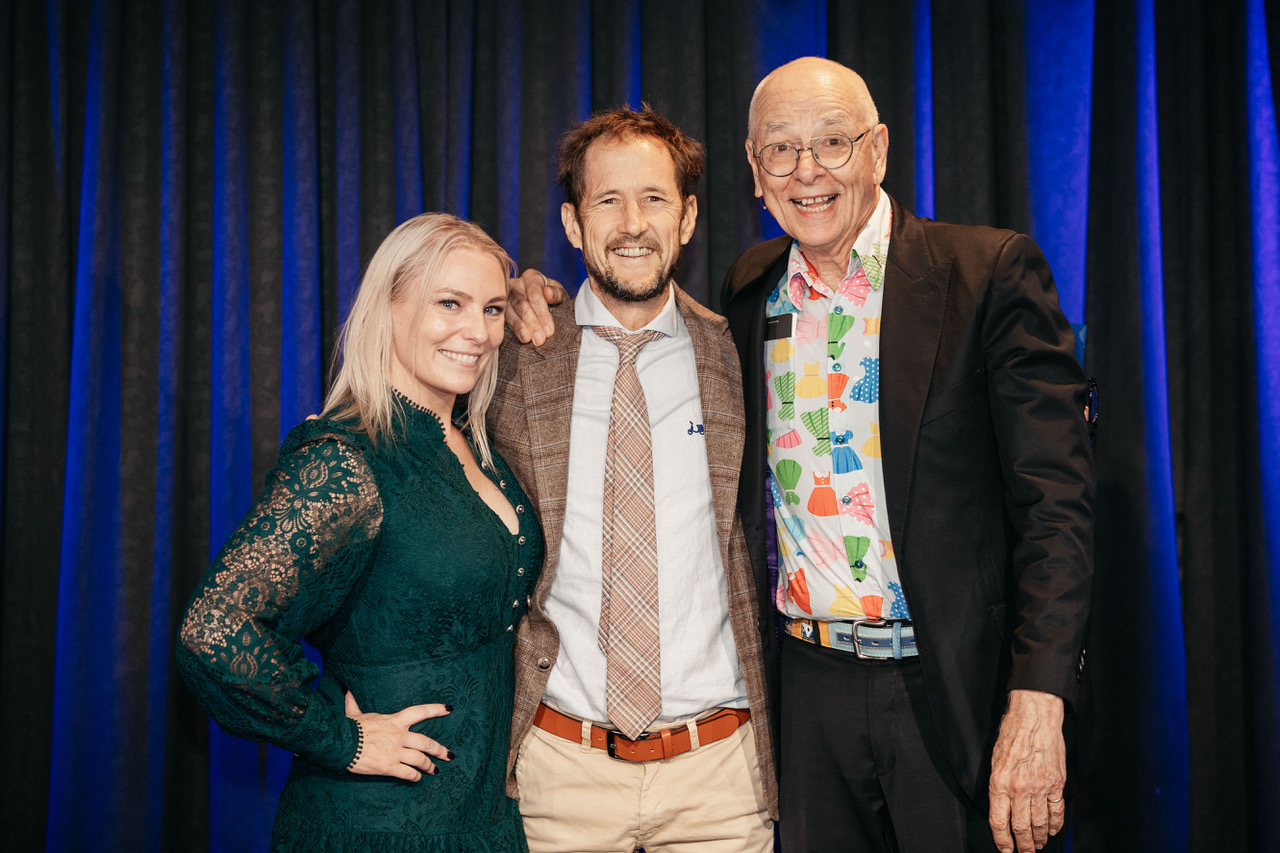- Posted on 18 Jun 2025
Australia’s first sports nutritionist takes on her biggest challenge yet — Sustainable Food Systems.
With a career spanning nearly 60 years, Dr. Rosemary Stanton is one of Australia’s most respected nutritionists. A pioneer in public health, she was among the first to open a private dietetics practice, became the country’s first sports nutritionist, and has authored over 30 books. Her contributions have earned her an Order of Australia and a legacy in shaping healthier, more sustainable food systems.
Now an Associate with the Institute for Sustainable Futures (ISF) at UTS, Rosemary is bringing her expertise to a new challenge — transforming food systems to benefit both people and the planet.
We sat down with Rosemary to talk about her journey, her views on the future of food, and her hopes for her work with ISF.
Her connection to ISF dates back decades. “I’ve been interested in sustainable food supplies for many years,” she says. “I was thrilled to learn about UTS’s work in this space back in the 1990s.” That interest deepened in 2009 when she served on the examination panel for ISF’s Dana Cordell’s doctoral thesis in Sweden. An early signal of her alignment with ISF’s mission.
Rosemary’s recent involvement in a Phosphorus & Climate Smart Agriculture Network (PACSAN) presentation and a proposed research project with ISF led to her formal appointment as an Associate. “Although I no longer hold an official position, I continue to advocate for sustainable food systems,” she says. “It’s a privilege to support an institution like UTS that avoids conflicts of interest — something that can’t be said for all players in this space.”
Her passion is driven by a deep concern for the future. “If we keep producing and consuming food the way we do now, we’ll not only worsen health issues but also jeopardise our ability to grow food in a changing climate,” she warns. “We need to change — and we need to start now.”
For Rosemary, the path forward is clear. Reduce reliance on animal products, increase consumption of healthy plant-based foods, and drastically cut back on ultra-processed foods. “It’s irrational to use precious resources to produce foods that harm our health,” she says.
“Governments must step in with education, regulation, and support for sustainable food production. And individuals need practical guidance, like how to incorporate more legumes, wholegrains, nuts, seeds, fruits, and vegetables into their diets.”
Today, Rosemary remains as passionate and purposeful as ever. Her partnership with ISF is a natural extension of a life’s work dedicated to better health — for people and the planet.






